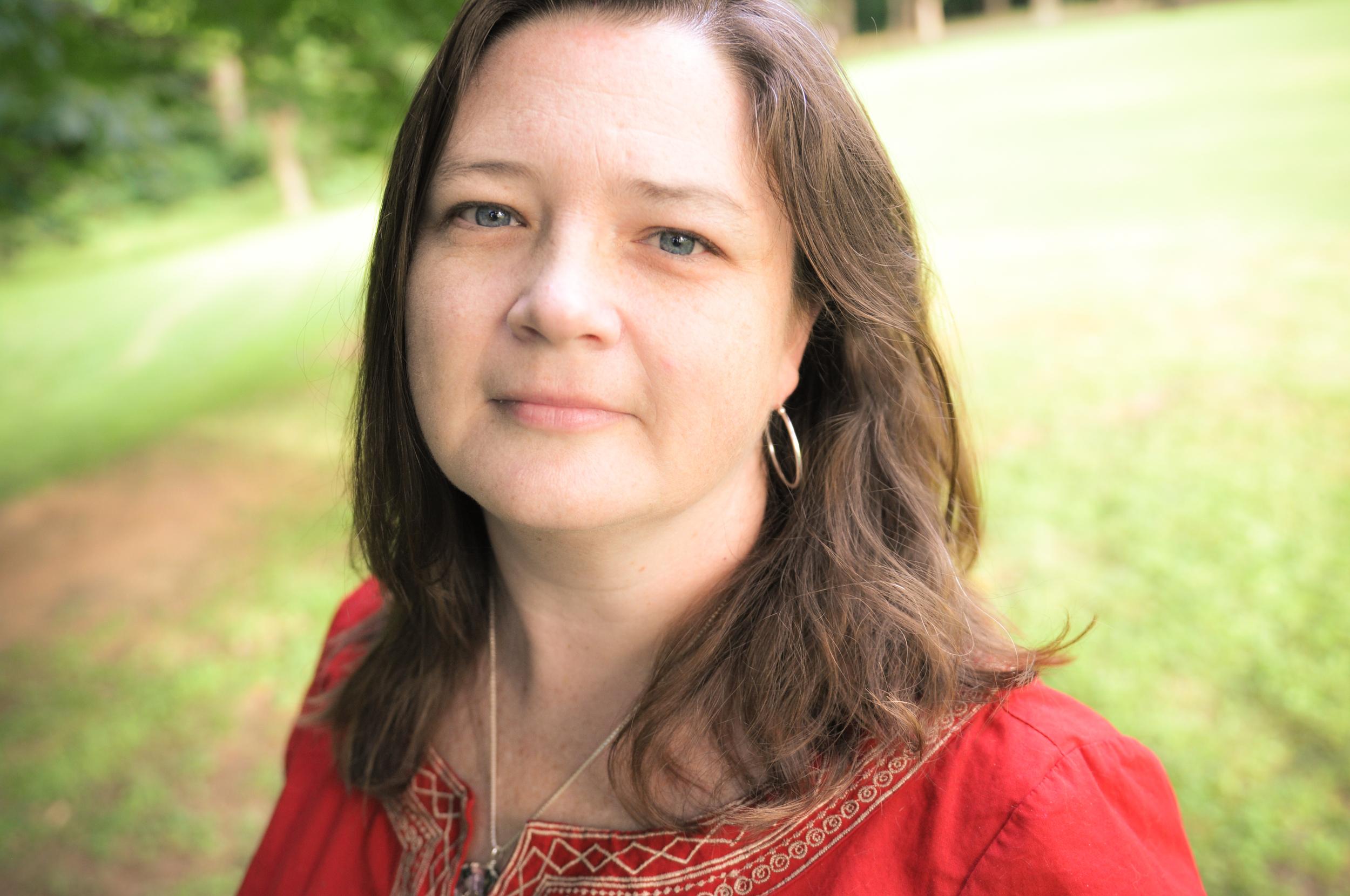A beautiful medicine, rooted in nature, that treats the whole person
Acupuncture is a two thousand year old system of medicine developed in China and other parts of Asia, rooted in the basic cycles in nature. Archeological finds suggest that acupuncture was practiced as early as the Shang dynasty (1600-1100 BCE). Now in modern times acupuncture is used by millions of people around the world to support their health and well being. It’s a complete system of medicine and can be used to facilitate healing for people who experience a variety of conditions--from chronic shoulder pain to gastritis, infertility to anxiety and depression.
Chinese medicine is different from modern Western medicine in that it treats the whole person not symptoms. It is based on the belief that human beings are marvelous creatures with the inherent ability to heal themselves. When Qi (pronounced CHEE), defined as life force or the energy that flows through our body, is ample and flowing smoothly, all of our systems can function properly and our body can easily heal from injury or infection. However, sometimes life events, emotions, habits of mind, exposure to strong climate or a particularly strong infection or big injury can create a blockage or imbalance. (Imagine a storm blowing leaves and sticks into a river.) Over time, these blockages make it more and more difficult for qi to flow and for the body to heal and stay well. Symptoms can arise. Through the insertion of very thin, solid, disposable sterile needles at certain points in the body, we work to bring the body more into balance so that the body can begin to heal itself. As a result, symptoms resolve or lessen.
One of the wonderful things about acupuncture is that when we restore balance, we treat the whole person not just one symptom or disease. While acupuncture works differently for everyone, some patients may observe multiple symptoms begin to clear or they also may begin to experience less stress and a greater sense of well-being since acupuncture works on the body, mind and spirit levels. For instance, a patient seeking relief from migraines may not only notice shifts in their headaches but may also notice that they have less cravings for ice cream and sweets, may sleep better, may notice a strengthened immune systems and a decreased sense of frustration and anxiety in daily life. Some patients may even feel that they have more vision about how to achieve that dream they have been holding for years, or that they have a deeper sense of gratitude or appreciation for the life they are living.
The National Institute of Health Endorses the Use of Acupuncture for a Number of Conditions Including:
Post-operative nausea
Chemotherapy side effects and immune system support
Pregnancy
Stroke rehabilitation
Addictions
Post-operative dental pain
Osteoarthritis
Asthma
Headaches
Menopause
Tennis elbow
Carpal tunnel syndrome
Fibromyalgia
Myofascial pain
Menstrual cramps
Lower back pain
Irritable bowel syndrome
Neurologic disorders
Infertility
Fatigue
If you want to read more about the benefits of acupuncture, visit our resources page.






